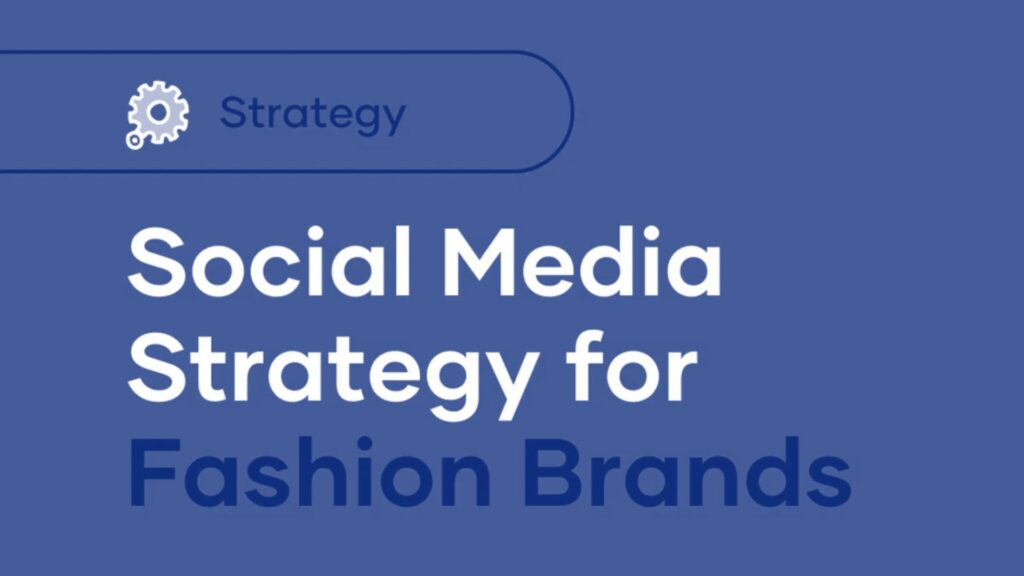Case Study
Home » Real-Time Analytics in Social Media
Real-Time Analytics in Social Media
Problem Statement
With millions of conversations happening across social media platforms, brands and marketers struggle to track trending topics, analyze user sentiment, and respond quickly to market shifts. Delayed insights lead to missed engagement opportunities and ineffective marketing campaigns. The organization aimed to implement a real-time analytics system to monitor social media trends and improve marketing response time.

Challenge
The key challenges in real-time social media analytics included:
- High Data Volume & Velocity: Processing millions of posts, comments, and mentions across multiple platforms.
- Sentiment Analysis Accuracy: Understanding the context of user sentiment, including sarcasm and slang.
- Real-Time Processing: Extracting actionable insights from live data streams with minimal latency.
- Multi-Platform Integration: Aggregating data from various sources, including Twitter, Facebook, Instagram, and Reddit.
Solution Provided
A real-time analytics platform powered by Natural Language Processing (NLP) and big data analytics was developed. The system was designed to:
- Monitor Social Media Feeds: Track brand mentions, hashtags, and keywords in real time.
- Perform Sentiment Analysis: Analyze user sentiment (positive, negative, neutral) to gauge brand perception.
- Detect Emerging Trends: Use AI algorithms to identify viral topics and breaking news relevant to the brand.
- Enable Instant Marketing Response: Automate content adjustments and ad targeting based on real-time insights.
Development Steps

Data Collection
Streamed real-time data from social media APIs using Apache Kafka and Spark.

Preprocessing
Applied machine learning models (BERT, LSTM) to analyze and classify sentiment.

Model Development
Deployed AI models to identify trending topics, keywords, and emerging hashtags.

Validation
Developed a live dashboard with customized alerts for marketing teams.

Deployment
Automated marketing adjustments in Google Ads, Facebook Ads, and email campaigns.

Continuous Monitoring & Improvement
Adjusted social media responses, content, and ad placements dynamically.
Results

Improved Marketing Response Time
Social media engagement strategies were adjusted 30% faster based on real-time insights.

Higher Audience Engagement
Trend-based content personalization increased user interactions by 25%.

Enhanced Sentiment Accuracy
NLP-driven analysis improved sentiment detection precision by 40%, reducing misinterpretations.

Faster Crisis Management
Real-time alerts enabled brands to address negative trends 50% quicker, minimizing reputational damage.

Better Ad Targeting
AI-driven insights improved ad performance, leading to a 20% increase in ROI.